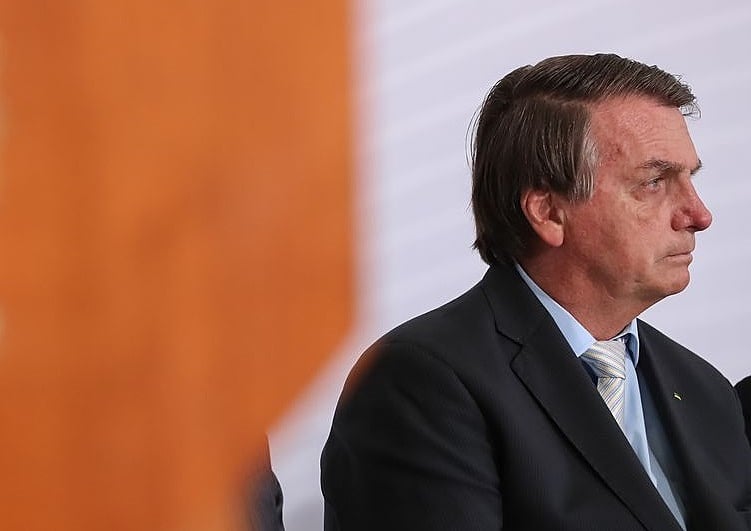Former President of Brazil Jair Bolsonaro (Liberal Party) went to the Brazilian Federal Police for a new testimony this Wednesday (26), at the headquarters of the corporation, in Brasília. This time, Bolsonaro was questioned about the coup acts of January 8.
The testimony was requested by the Federal Supreme Court at the request of the Attorney General's Office. Minister Alexandre de Moraes, rapporteur for the inquiry at the Supreme Court, confirmed the summons after confirming Bolsonaro's return to the country, on the 30th. The Attorney General's Office considered that he would have incited the acts.
The request for a statement was mainly motivated by a post made by Bolsonaro on January 10, two days after the barbarism promoted by his supporters at Praça dos Três Poderes. On the occasion, the former president again made baseless criticisms of the Brazilian electoral process.
"In the case of the records, the hearing of Jair Messias Bolsonaro, under the terms indicated by the Public Prosecutor's Office, is an indispensable measure for the complete clarification of the investigated facts", highlighted Moraes in the dispatch that determined the scheduling of the deposition.
This is the second time that Bolsonaro visits the Federal Police to provide explanations after leaving the presidency. The first testimony took place on April 5, when he went to talk about the case of the Saudi jewels.
The images of January 8th, which circulated around the world, had relevant consequences on the political scene, such as the temporary removal of the governor of the Federal District, Ibaneis Rocha; the arrest of the then District Public Security Secretary, Anderson Torres; and the federal intervention in security in the Federal District, which ended on January 31st.
Since then, investigations have progressed. Hundreds of people accused of financing or direct involvement in the coup acts were arrested in different parts of the country. In addition, documents showed flaws in the security and leniency of the military.
From the first moments, Bolsonarism appeared to be confused about how to act in relation to the barbarism of January 8. Among parliamentarians and close allies of the current ex-president, there were those who demonstrated support to the "manifestations" on social media, but later had to retreat. Others, however, tried to dodge from the first moments.
Even with abundant evidence that those primarily involved in the attacks (such as financiers or executors) are Bolsonaro supporters or people linked to him, parliamentarians linked to the former president adopted a parallel narrative, reinforced by the video released last Wednesday (19) by CNN Brasil.
Despite confirmation of the creation of a Joint Parliamentary Commission of Inquiry into anti-democratic acts, investigations within the scope of Justice continue. The Supreme Court has already confirmed, for example, that 100 Bolsonaro supporters accused of involvement will become defendants.




